Smaller farms can benefit from CAUV
Bob and Polly Givens are on a mission to inform small landowners-homesteaders of the advantages of CAUV.
Read MoreThis bill creates a tax credit to assist the next generation of farmers while helping the current generation transition their operations.
A few years ago, a group of leaders with the Young Agricultural Professionals program proposed an idea for Ohio Farm Bureau’s state policy development committee to consider. They wanted to create an incentive for established farm owners to transition their operations to beginning farmers. Soon after becoming official Farm Bureau state policy, OFBF’s team went to work with State Rep. Susan Manchester to craft legislation. After a few years of research, hearings, negotiations and frustrating delays, Gov. Mike DeWine signed HB 95 into law April 21.
This bill creates a tax credit to assist the next generation of farmers while helping the current generation transition their operations.
“The idea for HB 95 all started because younger Ohio Farm Bureau members who were working their way into agriculture and more experienced members looking to step away from the industry were facing many obstacles when it came to working on a transition plan,” said Adam Sharp, Ohio Farm Bureau executive vice president. “Through their recommendations, our organization worked through the policy development process to successfully add incentives for new and beginning farmers to the list of important issues Farm Bureau advocates for every day. Those grassroots efforts have now come to fruition with the passage of this legislation.”
Rep. Manchester (R-Waynesfield) was a co-sponsor of the legislation and has championed it since 2019. Several Farm Bureau members have testified in favor of the bill over the last several years, including Union County Farm Bureau member Ryan Conklin, Pickaway County Farm Bureau members Bennett and Liza Musselman, Ohio Farm Bureau Northwest Regional State Trustee Rose Hartschuh from Crawford County, and District 20 State Board Trustee Nathan Brown from Highland County.
HB 95 establishes an income tax credit for beginning farmers who participate in a financial management program, administered by the Ohio Department of Agriculture. The bill also states that established landowners and ag producers can receive a state income tax credit when they sell or rent land or agricultural assets like machinery, building facilities or livestock to a beginning farmer.
While beginning farmers also can receive a tax credit for taking a qualified financial management course, they do not receive tax credits for buying land or other farm-related items.
Under HB 95, established landowners and ag producers can receive a state income tax credit when they sell or rent land or agricultural assets like machinery, building facilities or livestock to a beginning farmer. Beginning farmers also can receive a tax credit for taking a qualified financial management course, but do not receive tax credits for buying land or other farm-related items.
A beginning farmer is defined as someone who:
Learn how to participate in the Beginning Farmer Tax Credit program.


Bob and Polly Givens are on a mission to inform small landowners-homesteaders of the advantages of CAUV.
Read More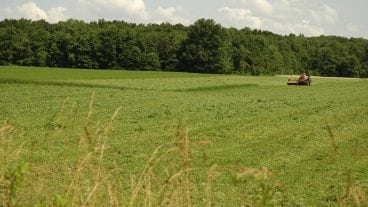
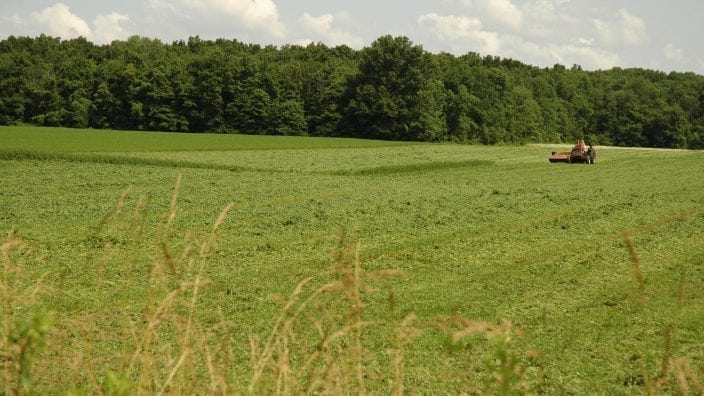
In a skyrocketing farmland market, it’s more important than ever to make sure you’re protected from the many liabilities that come from farmland ownership.
Read More
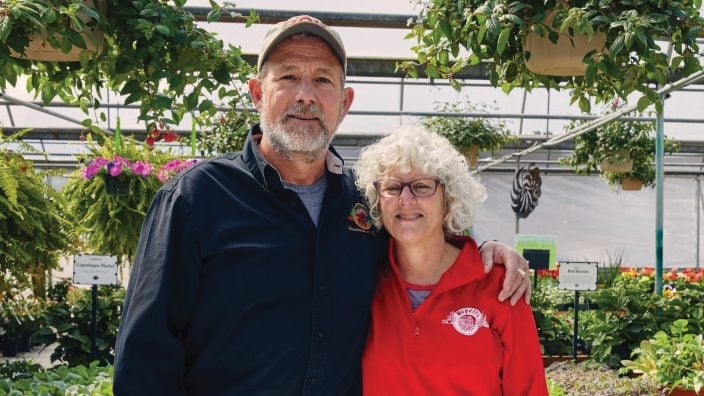
The program is the brainchild of Mike and Patti Boyert, who are ready to help the next generation of young people get started in agriculture.
Read More

The free Entrepreneurship Bootcamp would benefit newer farmers and be helpful to anyone who caters to end consumers and has been in business for five years or less. Sessions start June 8.
Read More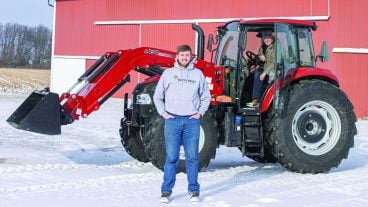
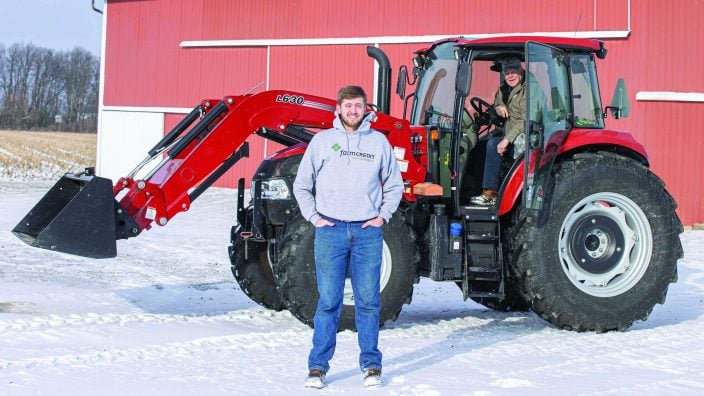
Trevor German is the first beginning farmer to complete a transaction through the new Ohio Beginning Farmer Tax Credit Program.
Read More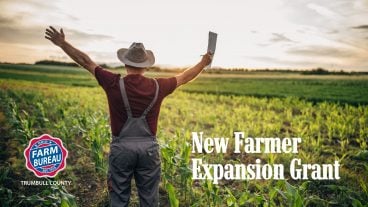
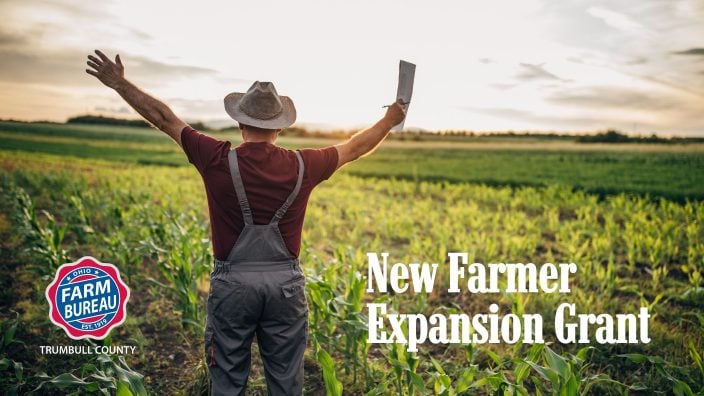
A grant is available to new and beginning farmers in Trumbull County.
Read More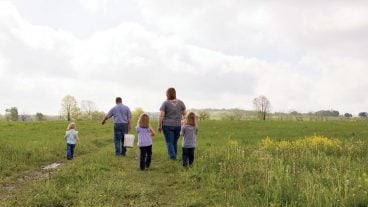
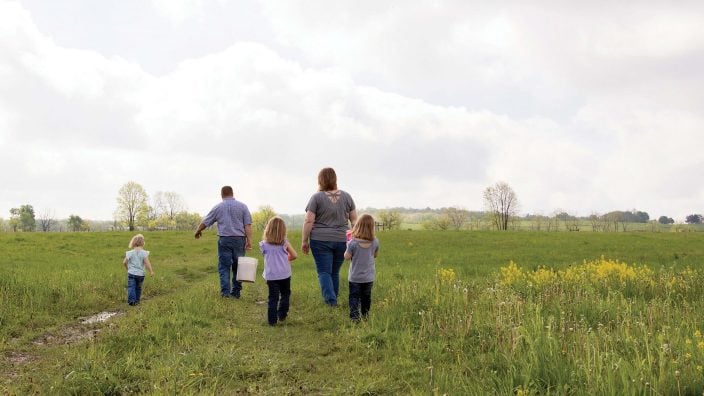
There are things young and beginning farmers should think about before starting their farm business.
Read More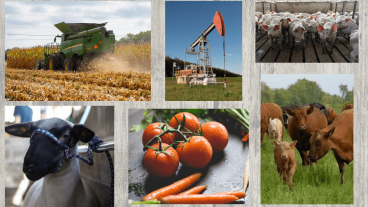
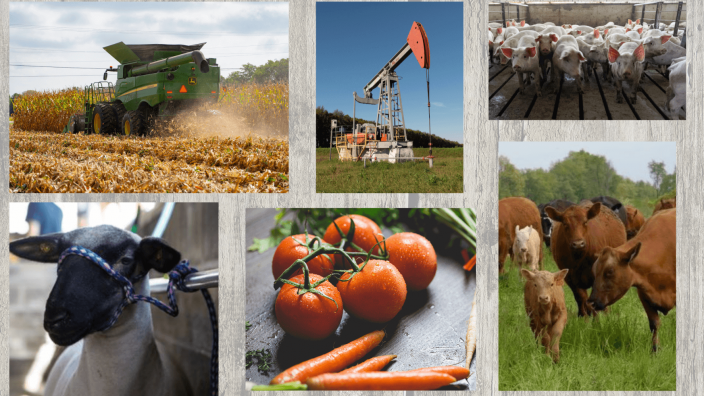
If you are thinking about starting a farm in 2024, or started one recently, here are a few tips to help you find success.
Read More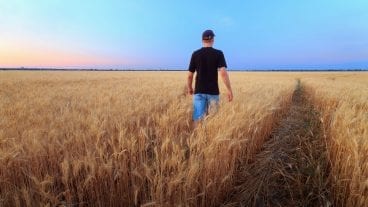
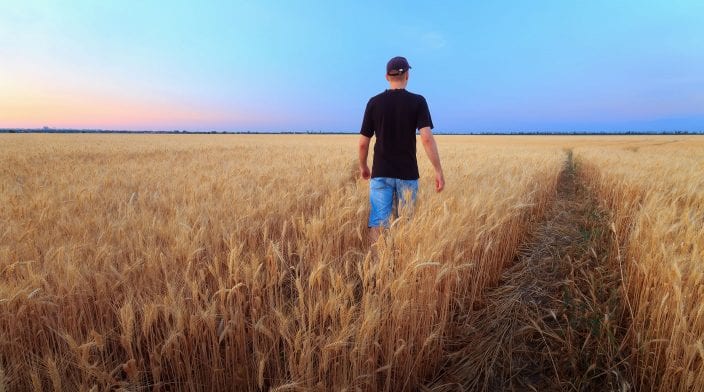
A new online farm management course offered by Ohio State will help Ohio’s beginning farmers qualify for the requirements of the Ohio Beginning Farmer Tax Credit program.
Read More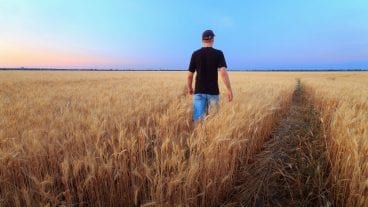

The Beginning Farmer Tax Credit is now available to those who’ve recently entered the field, as well as those who help beginning farmers.
Read More